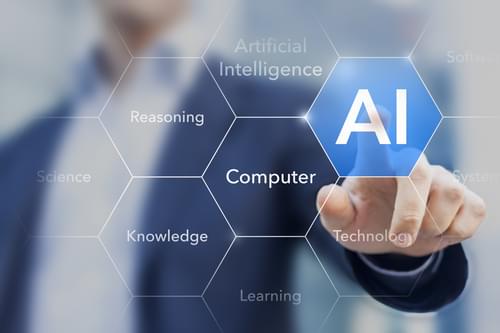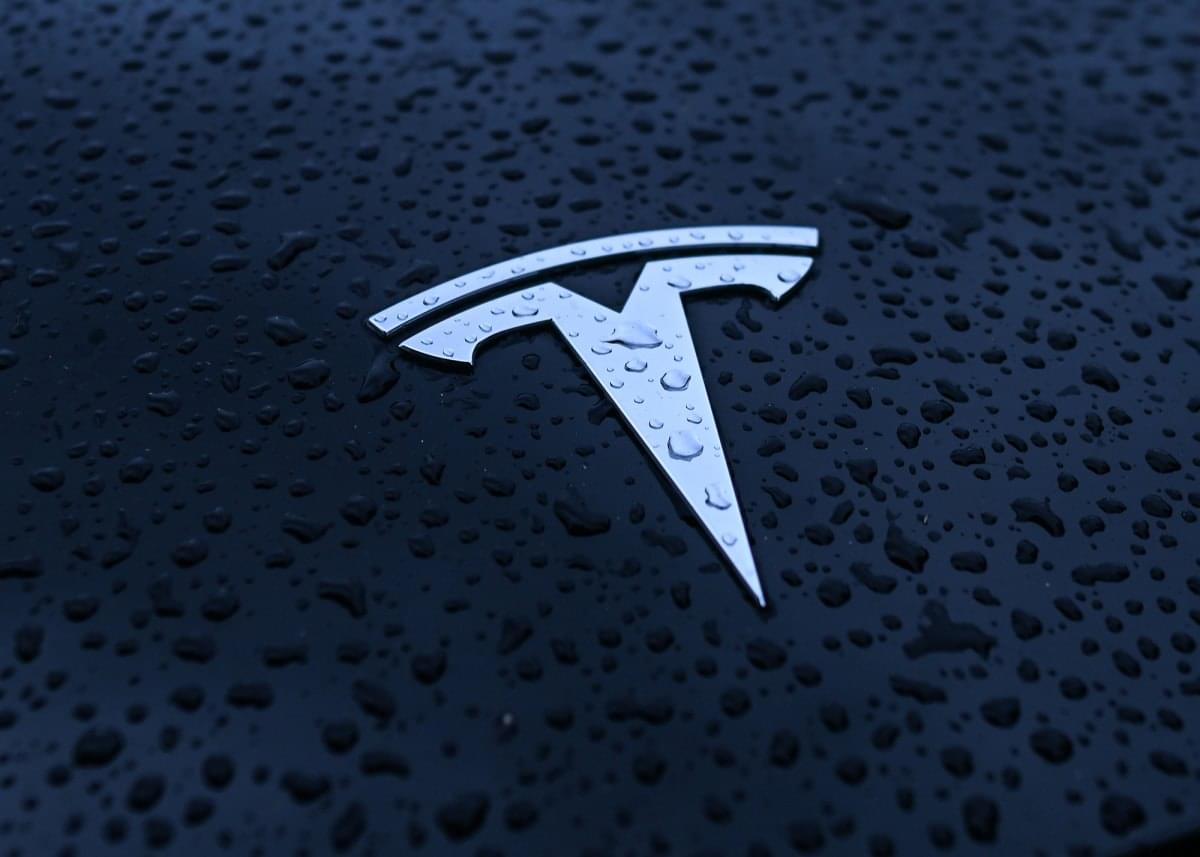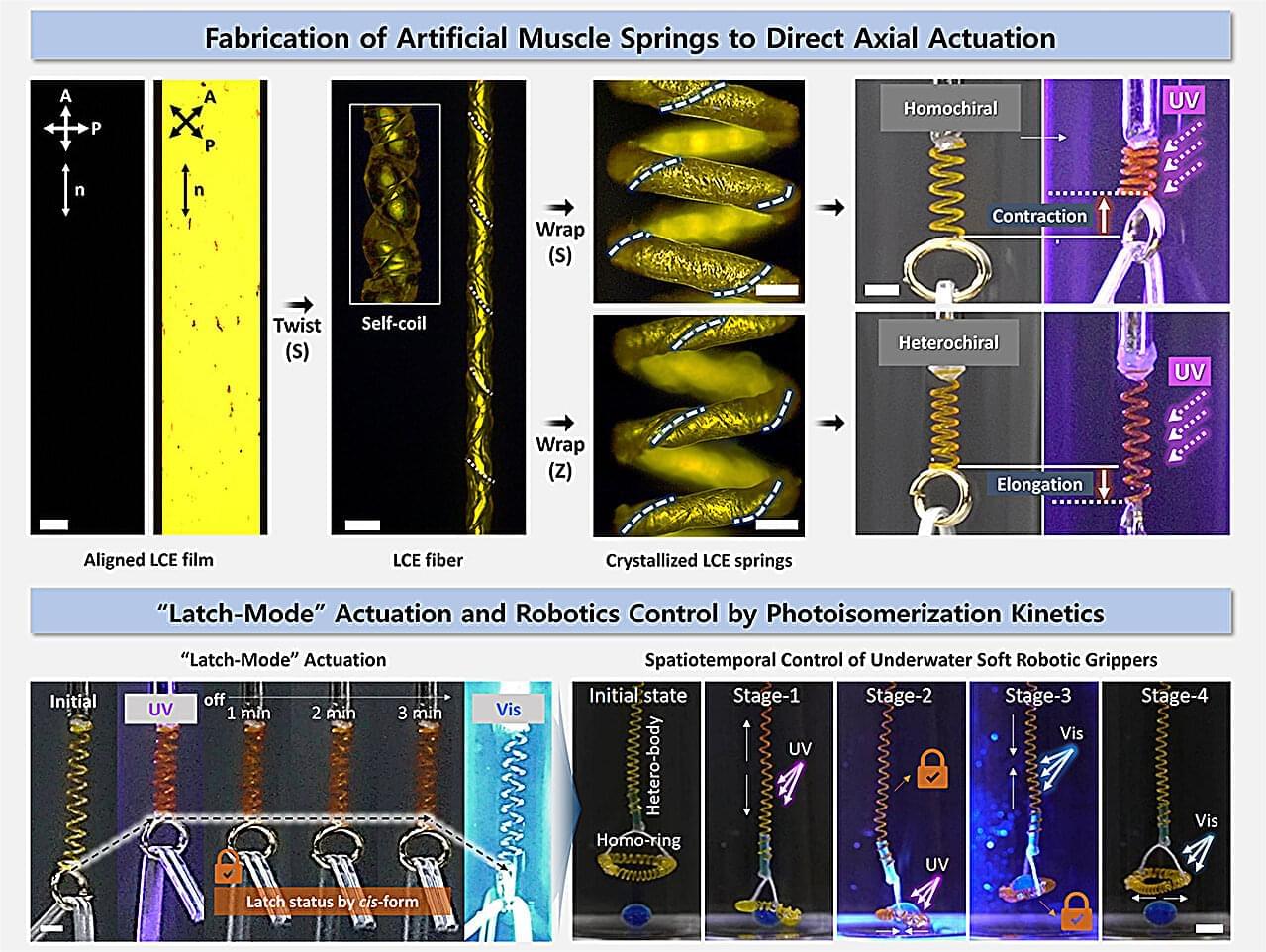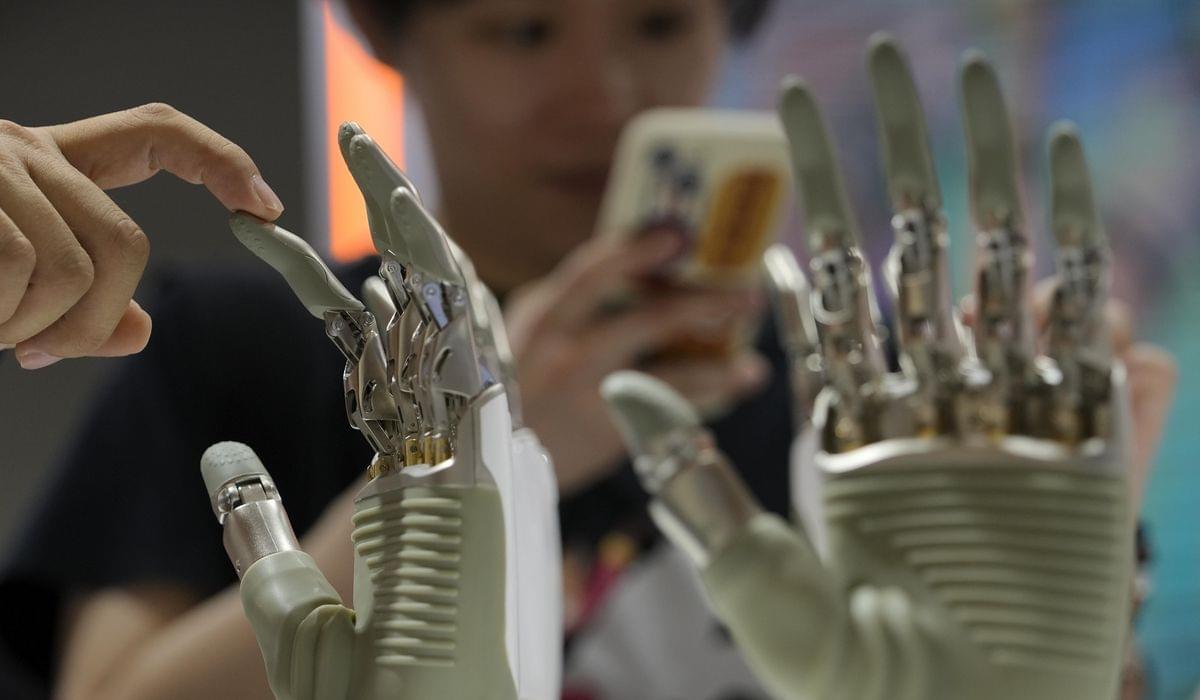A team of Purdue engineering students built a lightning-fast robot—Purdubik’s Cube—that now holds the Guinness World Record for solving a Rubik’s Cube in just 0.103 seconds. Fueled by co-op experiences, personal inspiration, and university support, the students combined machine vision, custom alg
Category: robotics/AI – Page 270
Some YouTuber just ripped off Game Maker’s Toolkit with an AI clone
“An annoying burden” — Now the AI bros are coming for your voice.

Dubai Doctor Fears Losing His Job As AI Accurately Analyses X-Ray: “Going To Apply To McDonald’s”
A pulmonologist based in Dubai was astonished by the accuracy of Artificial Intelligence (AI) in diagnosing diseases. Recently, Dr. Mohammad Fawzi Katranji tested an AI tool’s ability to detect pneumonia from an X-ray and was impressed when it pinpointed the same areas he had identified, as well as an additional spot he had missed. The AI completed the task in seconds, a stark contrast to the 20 years Dr. Katranji spent acquiring his expertise. The AI’s findings ultimately aided in the patient’s recovery.
“I am about to lose my job. This is scary because I developed the skill over 20 years, which lets me look at an X-ray and point to pneumonia,” he said in the video, showing his findings.
“Now, here comes AI, and they pick it up in a second. Now, you don’t need professional eyes to look at these X-rays. You just have artificial intelligence. They picked up pneumonia. I am going to be applying to McDonald’s soon, and I hope they have some openings,” the doctor joked.

NHTSA Adjusts Autonomous Vehicle Rules Ahead Of Tesla Robotaxi Rollout
The federal government has lifted some reporting requirements for autonomous vehicles used in robotaxi service.

Musk says Tesla’s self-driving tests will be geofenced to ‘the safest’ parts of Austin
The first test of Tesla’s long-promised robotaxi service in Austin, Texas next month will initially be limited to specific areas the company deems “the safest,” CEO Elon Musk told CNBC in an interview Tuesday.
Tesla’s cars are “not going to take intersections unless we are highly confident [they’re] going to do well with that intersection, or it’ll just take a route around that intersection,” Musk said. “We’re going to be extremely paranoid about the deployment, as we should be. It would be foolish not to be.”
Using a geofence represents a major strategy shift for Musk, who spent years claiming his company would be able to create a general-purpose self-driving solution that could be dropped in to any location and work without human supervision. (Geofence is a jargon term used in the autonomous vehicle industry that means a vehicle is restricted to a certain area.) Musk has claimed Tesla will attempt to launch similar trials for its robotaxi service in California and possibly other states later this year.

Underwater robots flex new muscles: Light-driven actuators outperform mammalian muscle
A Korean research team has developed a light-powered artificial muscle that operates freely underwater, paving the way for next-generation soft robotics.
The research team—Dr. Hyun Kim at the Korea Research Institute of Chemical Technology (KRICT), Prof. Habeom Lee at Pusan National University, and Prof. Taylor H. Ware at Texas A&M University—successfully developed artificial muscles based on azobenzene-functionalized semicrystalline liquid crystal elastomers (AC-LCEs) that actuate in response to light.
The work has been published in the journal Small.


The real reason why OpenAI spent $6.5 billion on Jony Ive’s AI startup
OpenAI’s decision to buy Jony Ive’s gadget company, io, is about distribution.
Getting ChatGPT and other OpenAI models and products into the hands of users — that’s what really counts. Without that direct relationship, these products won’t be used as much, or it will cost a lot to get the offerings to consumers indirectly.
Sam Altman is working with Ive to secure direct user access, showing how distribution is becoming more important than technology in the AI race.
